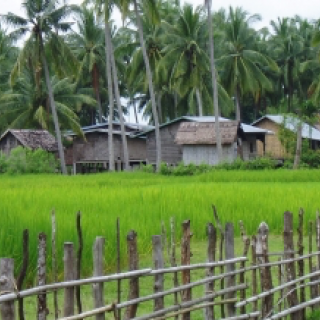Land Governance and Rural Transitions in Southeast Asia and the Pacific

Research summary
Over recent decades large scale land acquisitions have occurred in Southeast Asia and the Pacific provoking extensive political contention and policy discussion. In studying this phenomenon, scholars now recognise that changes in landed property relations in this region are more than instances of a single global phenomenon conceived as a ‘land rush’ or ‘land grab’. Rapid changes in rural societies across Asia Pacific countries occur at the intersection of (1) an expanding demand for agricultural crops for food and energy production (2) increasing commercialization of cash crops, (3) the emergence of new policy instruments to respond to new challenges to land governance and livelihoods. This project aimed to compare contrasting land governance dynamics across Southeast Asia and the Pacific, and to draw out wider patterns and lessons for rural development policy.
This project involved researchers working on five Asia Pacific countries (Vanuatu, Solomon Islands, Laos, Cambodia, Indonesia and Vietnam) in which they are respective country experts.
Collaborators:
John McCarthy, Keith Barney, Sarah Milne, Siobhan McDonnell, Colin Filer, Ben White, Miles Kenney-Lazar, Sango Mahanty, Phuc To.
Outputs:
Workshop: Rural transitions and land governance in the Southeast Asia and the Pacific, 10-11 September 2018 Crawford School of Public Policy, Australian National University
This project was funded by the Asia Pacific Innovation Program, ANU College of Asia and the Pacific.










